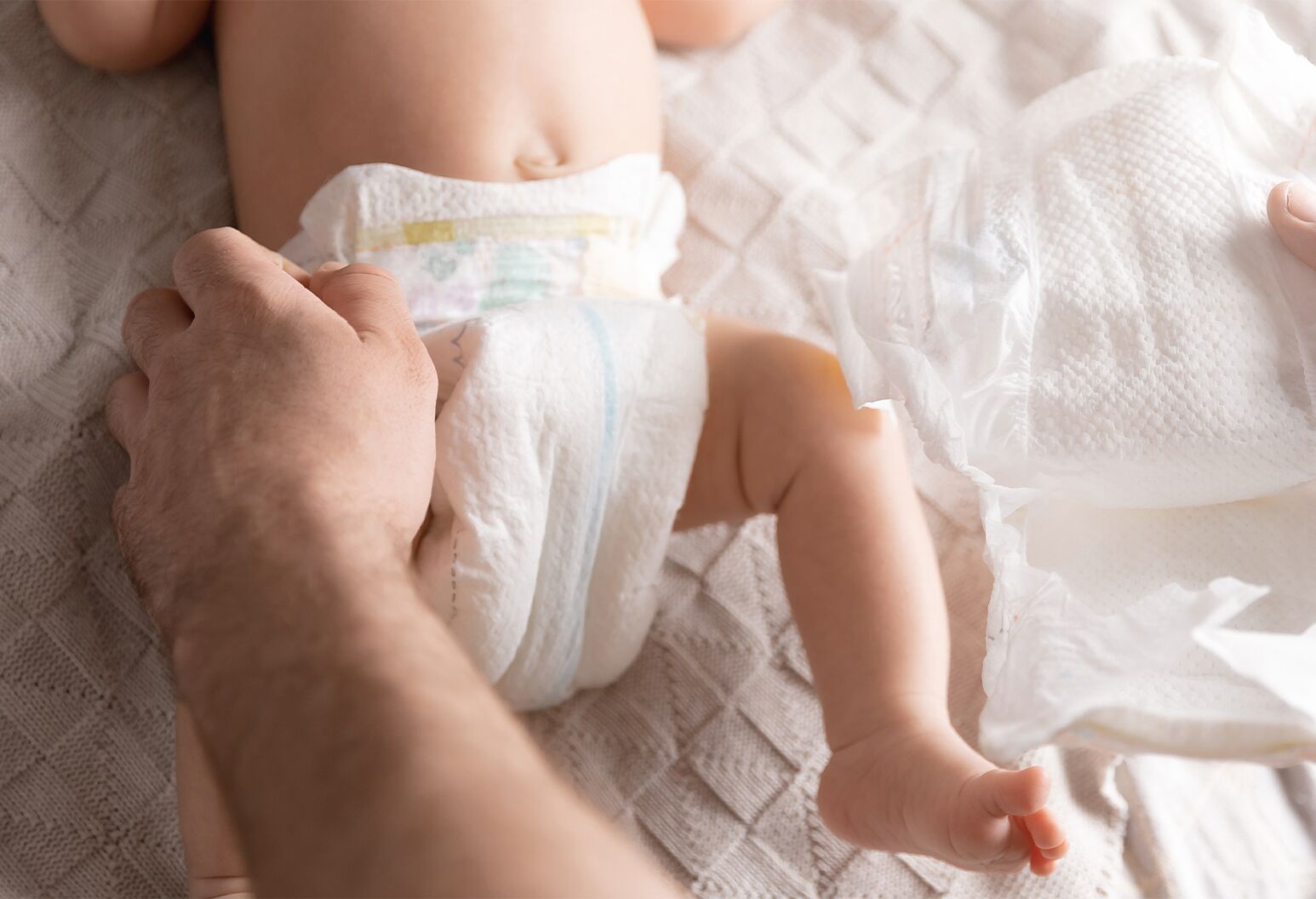parenting
My Ex Doesn't Want To Co-Parent

From meconium to “normal” poop, our expert covers all you need to know about your newborn's bowel movements.
4 min read
I knew there would be lots of things I wouldn’t anticipate with having a newborn, but one thing that’s taken me totally by surprise is how much I find myself talking about my baby’s poop. A day with a lot of poops is like a sunny, spring morning—but a day with little to no dirty diapers can send me into a fit of worry. When it comes to pooping—how often should my baby be doing it, and what exactly does a “good poop” look like?
Sincerely,
“Down in the Dumps”
Nothing serves as a more comical ice breaker than talking to a group of new parents about poop. After all, everybody poops! But you’re in luck, because pediatricians love talking about your baby’s poop, too. That’s because knowing what is happening in your baby’s diaper tells us if they are getting enough food from above and if they are able to push that food down below.
Good poops mean your baby is hydrated and healthy—something you should want to shout from the mountain top (or maybe just call your own parents to humblebrag about).
Here's a pooping cheat sheet: In the first days of life, your baby should poop the number of days they have been alive for. That means the first day, you just need one poop. The second day, two, and so on until about six to eight days (and thus, poops) racking up the first week. At a minimum, for the first two weeks in particular, it’s ideal if the baby poops once a day to show us they are hydrated and can eliminate properly.
By providing your email address, you agree to receive email communication from The Well.
And, as you’ve likely seen, a baby’s poop changes over time. At first, the baby’s poop is meconium, and will be black and sticky. After about 24 to 48 hours that will go away and in its place will be a yellowish to green-hued poop that may be mustardy or seedy in texture. Over time, that will change to a more consistent “normal” poop. After those first two weeks every baby will have their own personal pooping schedule, much like adults. This can be a little poop once after every feeing (especially for breastfed babies) to once or twice a day. As they get older, a baby may not poop once a day.
As long as you know they are eating and staying hydrated, this is nothing to worry about.
For parents who may be concerned about their baby’s bowel movements, there are a few things you can do. Any concerns with a newborn should be an immediate office visit with their pediatrician to discuss next steps, if any. If your baby is a month or older and is constipated, a pediatrician may recommend half an ounce of prune juice mixed with half an ounce of water once a day to get things moving. However, this should only be after they’ve ruled out other reasons why your baby may not be pooping. If your baby has started solids, pureed prunes or pears may be recommended as well. Make sure to avoid binding foods like rice cereal or oatmeal during this time.
In some cases, your pediatrician may suggest an infant suppository if it’s been several days since a poop and your baby is visibly uncomfortable.
All of these are short-term remedies and should help alleviate any constipation issues after a thorough checkup. If the issue still isn’t resolved, keep your pediatrician in the loop so they can determine what the root cause may be, whether it’s a diet change that’s needed, or something else that’s going on and requires follow-up care.
The Well is Northwell Health’s commitment to the future of health care. In this time of information overabundance, much of which is inaccurate, unhelpful, or even difficult to understand, Northwell Health is on a mission to make a difference as an honest, trusted, and caring partner. The site connects with consumers to provide them with personalized content that reduces their stress, makes them laugh, and ultimately feel more confident and capable on their healthcare journey.